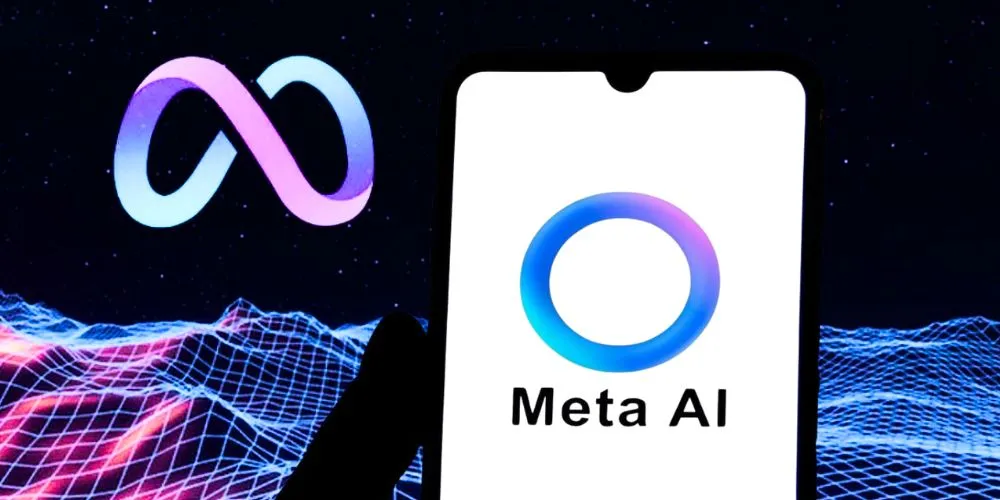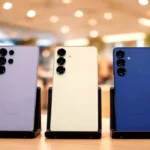Key Points
- Meta is testing a feature allowing its AI chatbots to send follow-up messages without being prompted.
- The primary goal is to enhance user engagement and encourage people to continue using the chatbots.
- This strategy is tied to Meta’s goal of generating billions of dollars in revenue from its AI products.
- There are some safeguards: the bot will only send a follow-up if you messaged it first, and it won’t send a second one if you ignore it.
That AI chatbot you talked to on Instagram or WhatsApp might soon be texting you back, even if you didn’t message it first. Meta is reportedly testing a new feature that allows its AI bots to send unprompted follow-up messages to re-engage users in a conversation.
According to documents seen by Business Insider, the goal is to enhance user engagement and retention. The feature is being tested for chatbots created using Meta’s AI Studio, a platform that enables anyone to build a custom AI character without requiring any technical skills. The idea is to have these bots act as an extension of their creators, helping keep conversations going.
For example, a movie-themed bot might send a message like, “Hey! I wanted to check in and see if you’ve discovered any new favorite soundtracks or composers recently?”
There’s a clear business reason for this push. Meta hopes to make billions from its generative AI products, and those ambitious financial goals depend on people using its AI tools consistently. A friendly, proactive nudge from a chatbot is an obvious way to encourage that regular use and keep people coming back to Meta’s platforms.
While the idea of an AI starting a conversation might feel a bit strange, Meta has established some guidelines for the test. A bot will only send a follow-up if the user started the initial conversation. If that follow-up message is ignored, the bot won’t send another one. The company also states that the messages must align with the AI’s personality, remain positive, and avoid sensitive topics unless the user has already brought them up.





